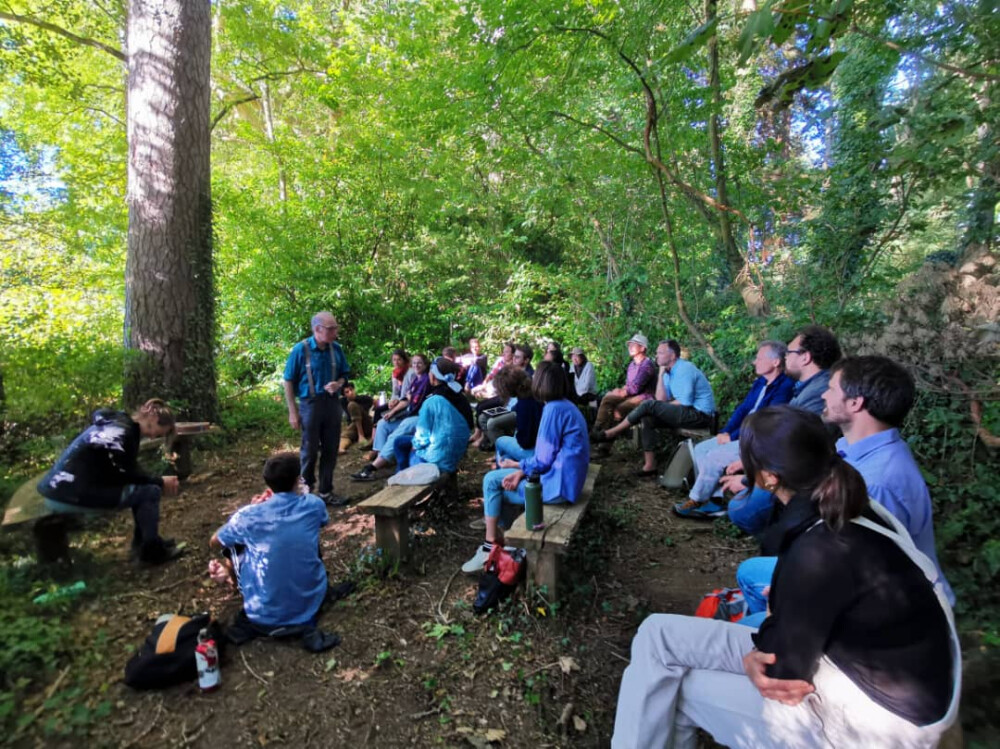Een studie Economics for Transition: Achieving low carbon, high well-being, resilient economies
Wat zijn de veranderingen die we moeten maken voor een meer ‘resillient’ samenleving, in tijden van klimaatverandering, verlies van biodiversiteit, problematische extractie van fossiele brandstoffen, financiële instabiliteit, voedselongelijkheid en armoede?
Steun mij om deze één jarige master te doen, gehost door Schumacher College in het Verenigd Koninkrijk, een transformatieve leerschool
Een studie Economics for Transition: Achieving low carbon, high well-being, resilient economies
Wat zijn de veranderingen die we moeten maken voor een meer ‘resillient’ samenleving, in tijden van klimaatverandering, verlies van biodiversiteit, problematische extractie van fossiele brandstoffen, financiële instabiliteit, voedselongelijkheid en armoede?
Steun mij om deze één jarige master te doen, gehost door Schumacher College in het Verenigd Koninkrijk, een transformatieve leerschool voor ecologische en sociale verandering.
De master Economics for Transition is het enige economische masterprogramma ter wereld dat Gaia-wetenschap als basis neemt. Bij Gaia-wetenschap ligt de focus op de aarde als een holistiche, zelfregulerend, complex systeem en als één organisme, het stelt de vraag hoe wij onze economie kunnen her-stabiliseren met deze principes.
Zo neemt de studie alternatieve economische modellen om onze financiële systemen mee te herzien. Vanuit een lokale benadering omvat het de eeuwenoude betekenis van economie - uit het Griekse oikos (οἶκος), huis, en nomos (νόμος), huishoudkunde. De wisselwerkingen die planten en dieren op natuurlijke wijze aannemen met elkaar en hun directe ecosysteem wordt tijdens de opleiding als voorbeeld gezien hoe wij als mens in een gebalanceerd ecosysteem idealiter plaatsnemen en economie bedrijven.
https://www.schumachercollege.org.uk/courses/postgraduate-courses/economics-for-transition
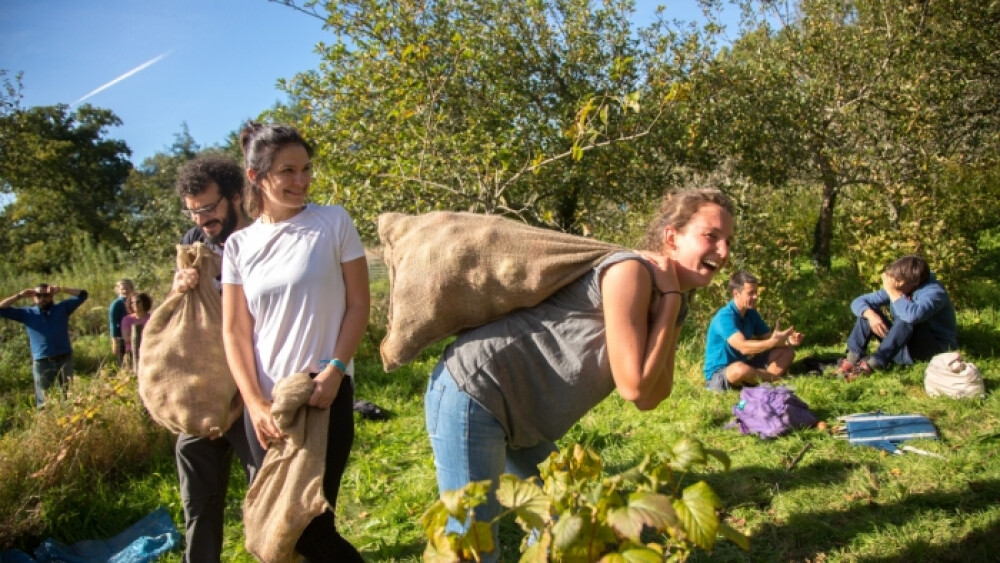
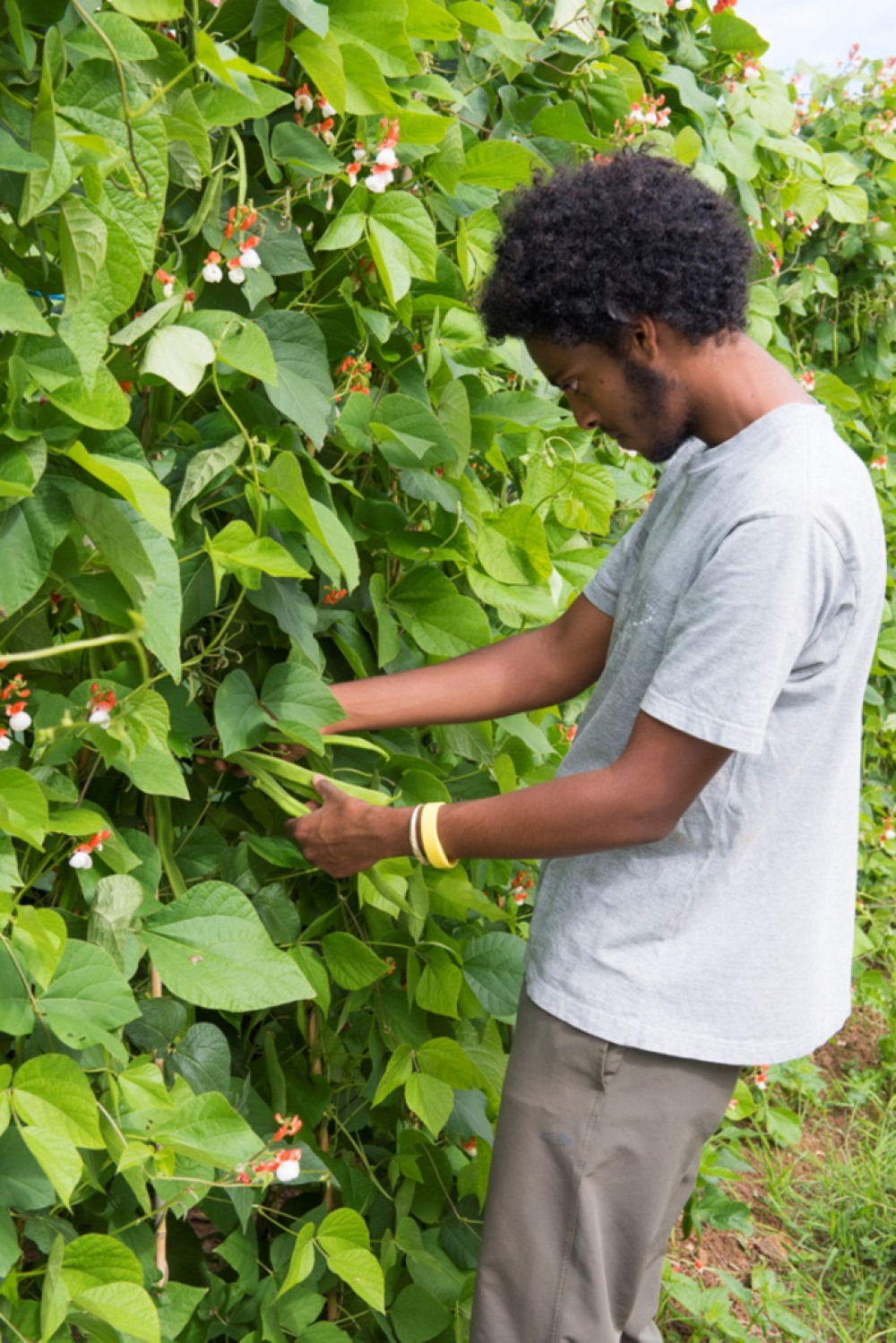
Een nieuwe basis voor mijn kunstenaars praktijk -
Als kunstenaar, wat is mijn plek in een ecologische verantwoorde wereld? En hoe maak ik kunst met een ecologische zelfbewustzijn?
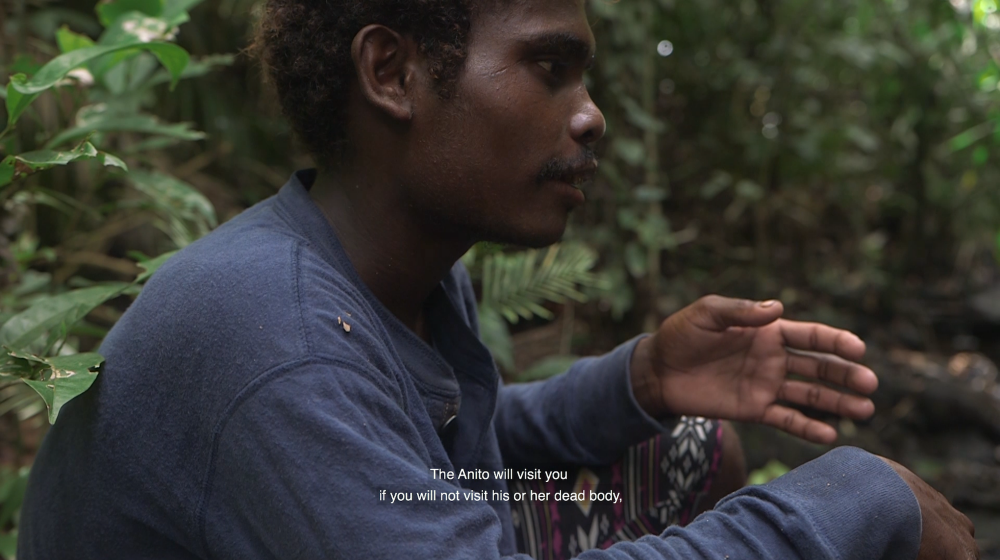

Mijn kunstenaarspraktijk zoekt naar de symbiotische verhoudingen binnen ecologische systemen, zo werk ik met inheemse en exheemse minderheden, beide mens als dier om de verhoudingen met hun omgeving te onderzoeken. Of ik werk met natuurlijke materialen in performances en installaties om tactiele relaties die wij hebben met beide natuurlijk als onnatuurlijke materialen te onderzoeken.
Ik geloof dat Schumacher College mij hier antwoorden over kan geven. Het zal mij niet alleen een theoretische maar ook materiële inzicht geven in hoe ik als kunstenaar mijn maak process doorsta in een ecologische gebalanceerde wereld, waar ik niet alleen als mens maar ook als vormgever bewust ben van mijn exploitaties.
De basis van Schumacher College zijn de permacultuur tuinen, het oudste voedselbos in Engeland en interactieve manier waarop studenten samenleven, leren en werken vanuit een ecologische basis. Dit zijn andere vormen van interactie met de wereld dan mijn achtergrond als kunstenaar, en ik geloof dat dit ook andere vormen van kunst voort kan brengen. Kunst dat materieel en conceptueel dicht staat bij de natuur, en niet mee wordt genomen in economische modellen van galleries, musea en kunst beurzen.
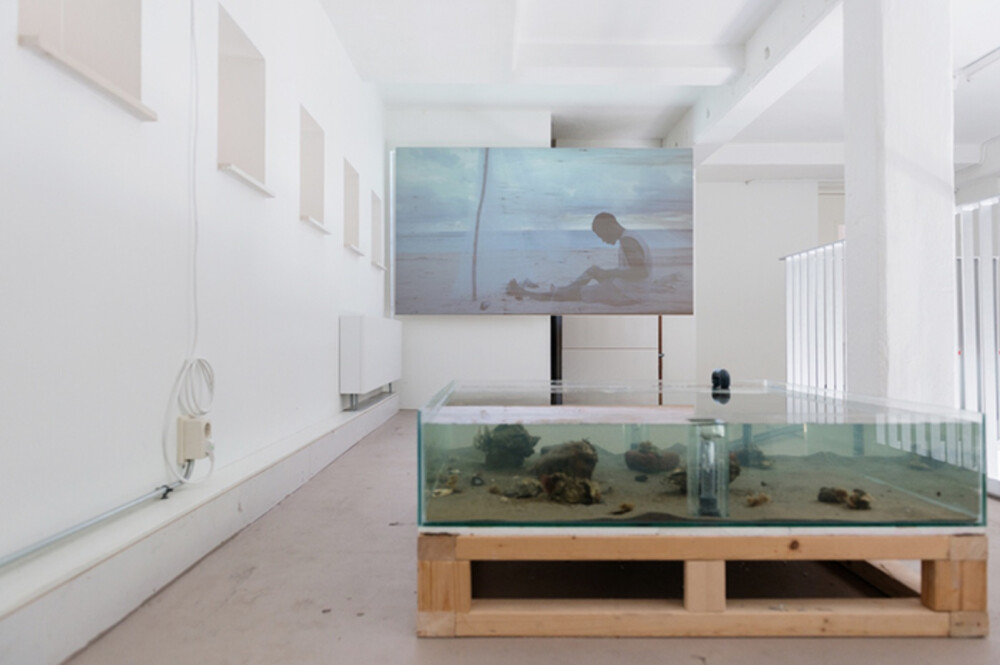
Belangrijke invloeden
De studie Economics for Transition aan het Schumacher College is opgezet in 1990 door Satish Kumar, een monnik en milieu-activist. Het is gevestigd op het Dartington Estate in Devon dat in de jaren twintig van de vorige eeuw gekocht werd door Dorothy and Leonard Elmhirst, en met behulp van pioniers zoals Rabindranath Tagore werd getransformeerd tot een creatieve maar ook een sociaal geëngageerde omgeving. De belangrijke milieu- en voedselsoevereiniteits-activist Vandana Shiva, de Amerikaanse fysicus, systeemtheoreticus en ‘deep ecologist’ Fritjof Capra en de bioloog en schrijver James Lovelock zijn hedendaagse voorbeelden die nauw samenwerken met het Dartington Estate en Schumacher College.
Kosten van de studie en tegen prestatie
De studie zal onder anderen financieel ondersteund worden door een variatie aan studie fondsen en scholarships, zoals Vrijvrouwe van Renswoude en Henrik Muller Fonds in Nederland. Helaas is dit nog niet genoeg om de studie te volgen en daarom heb ik jullie hulp nodig. Tegen prestaties kunt u aan de rechterkant van deze pagina vinden.
- English -
A study Economics for Transition: Achieving low carbon, high well-being, resilient economies
What are the changes which we need to make for a more resilient society, in times of climate change, biodiversity loss, problematic extraction of fossil fuels, financial instability, agricultural instability and poverty?
Support my upcoming one year MA at Schumacher College in the United kingdom, a transformative school of learning for ecological and social change.
The master Economics for Transition is the only master program in the world that takes Gaian Science as a base. in Gaian Science the focus lies on the earth as a holistic, self-regulating, complex system and one organism whole - it questions how we can restabalize our economy with ecological principles.
The study takes alternative economic models to re-evaluate our financial systems. Taking a localised approach based on the older meaning of economy - from the Greek oikos (οἶκος), meaning home, and nomos (νόμος), the economics of the home. The interchanging, symbiotic relationship that plants and animals have with each other in their direct ecosystem, a cohabitation that serves to balance out inequality will be taken as an ideal example in how to work with economy.
A new base for my artistic practice
As an artist, what is my place in the ideal of a environmentally stable world? and how do i make art with an ecological self-awareness?
My art practice searches for symbiotic relationships within ecosystems. I work with indigenous and exdigenous minorities, both human and animal to research their relationships with their environment. Or i work with natural materials in performances and installations to research the significant tactile relationships we have with both natural and unnatural processed materials.
I belief Schumacher College will give me in depth, thorough answers to the questions that evolve out of my artistic practice. It will not only give me theoretical insight of these questions but also a material and physical insight in how i can make art from an environmentally aware community base, and learn to can take my own environmental exploitations into account when making art.
The base of Schumacher College are its permaculture gardens, the oldest living food forest in the UK and the interactive way student live, learn and work together. The are forms of interaction that are different from my background as an artist, and i believe that this study will shape a different form of art. Art that stands conceptually and materially close to nature, and does not get shaped by galleries, museums and art fairs.
Important influences
The study Economics for Transition at Schumacher College is set up by Satish Kumar, a former monk and environmental activist. It is situated on the Dartington Estate in Devon which was bought by Dorothy and Leonard Elmhirst in the 1920s, and was shaped with help of pioneers such as Rabindranath Tagore into a creative and socially engaged community. Examples of important current influences of the college are Vandana Shiva - Indian scholar, environmental activist and food sovereignty advocate, Fritjof Capra - the American physicist, system-theorist and deep ecologist, and James Lovelock - the writer and creator of the Gaia hypothesis.
Costs of study and return gifts for your donations
The study will be financially supported by several scholarships and bursaries, for examples Vrijvrouwe van Renswoude en Henrik Muller Fonds in the Netherlands. Sadly this won't be enough to fully cover the study costs. The return gifts for your donations you can find on the right side of this page.
Nieuwste donaties
Lola Bezemer
28-09-2019 08:12Ik ben nieuwsgierig naar wat Eamonn gaat leren in Engeland en hoe hij de nieuwe kennis in zijn werk zal inzetten. Veel plezier Eamonn!
Dereck Cayla
4-09-2019 06:02Beautiful initiative
Erik de Jong
28-08-2019 14:03Dezetijd vraagt om nieuwe creativiteit, een nieuwe samenhang, nieuwe visies, een ander doen en maken. Dat Eamon deze weg kiest bewonder ik






